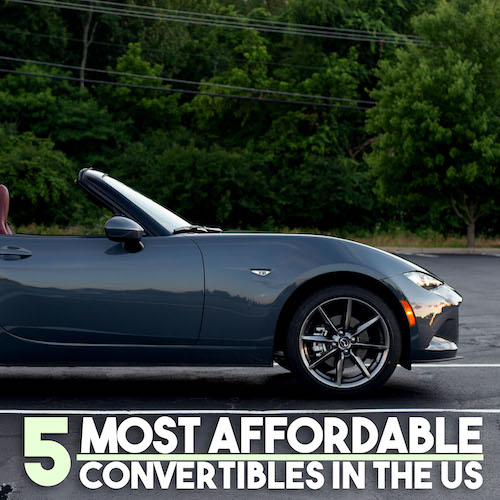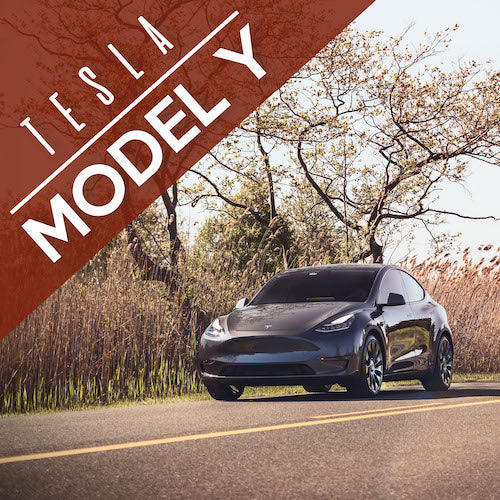Considering buying a Hybrid vehicle and want to know more? Simply put, hybrid cars use two power sources to move. They are environmentally friendly – produce less carbon dioxide as compared to conventional vehicles – and provide complementary benefits, such as lower first-year road taxes and company car taxes. Moreover, there are various types of hybrid cars; series hybrid, parallel hybrid, mild hybrid, and plug-in hybrid. Series and parallel come under the category of gasoline-electric. In series hybrid, gasoline only recharges the battery while electric motor deals with all the driving. While, parallel hybrid – as the name implies - uses both the internal combustion and electric engine to smoothly operate the vehicle.
Mild hybrid uses electric motors to supplement extra power during acceleration, and assists while speeding down. Finally, plug-in hybrid, aka plug-in hybrid electric vehicle (PHEV), is mostly powered by electrical energy and the gasoline engine only comes in use when the batteries of the electric-powered engine run low.
ProsApart from the most evident gains – eco-friendliness, reduced fuel consumption, and as a result, reduced emission– here are some advantages that you might not have thought of. Torque is provided instantly; the electric motor can provide the required speed as soon as it is pressed, eliminating the waiting to attain steady acceleration. Since most hybrid cars come with a basic driving assist, this helps guide the driver in the most efficient manner when throttling and pulling the brakes. Moreover, hybrid cars are granted access to HOV lane. Oh yes! It is the same deserted lane that you often desired to take while being stuck in heavy traffic. The concept behind this notion is that hybrid cars deserve access to HOV lane due to their quality of being environmentally friendly. Hybrid cars also have a high resale price as they are able to hold on to their value over the years as compared to gas models that came out in the same year. Finally, that one-time investment is covered by low taxes that come along the way. Not to mention how great you will feel about helping out the environment by taking one less fully gas powered vehicle off the road.ConsUnfortunately, hybrids do have their set of drawbacks. Most noticeably, they have less power. Since hybrids are powered by two engines, they tend to lack in power when compared to gasoline powered engines. They also tend to be more expensive than regular cars. This is a deal breaker for most people that have ever given thought to buying a hybrid car. For some people, driving is an enjoyable experience and they want to drive something sporty or comfortable. Also, cars are considered by many to be a status symbol so many will rather look into purchasing faster, more luxurious vehicles. Furthermore, hybrids result in high maintenance costs – the dual engines and continuous change of technology – makes a meager task, such as finding the right mechanic, a challenge.VerdictA hybrid car is an ideal choice if you intend on traveling within the city as short distances will provide you with the maximum amount of gains, and practically a free travel from the cost you’ll save up for fuel. However, if you have a habit of traveling long distances – from city to city perhaps – then hybrids cars will not be the best choice to satisfy your needs. They will slow you down on motorways, as compared to a diesel-powered car that will surely provide you a much better fuel economy at high speeds as per your requirement. So go on a test drive and make the decision for yourself! |





